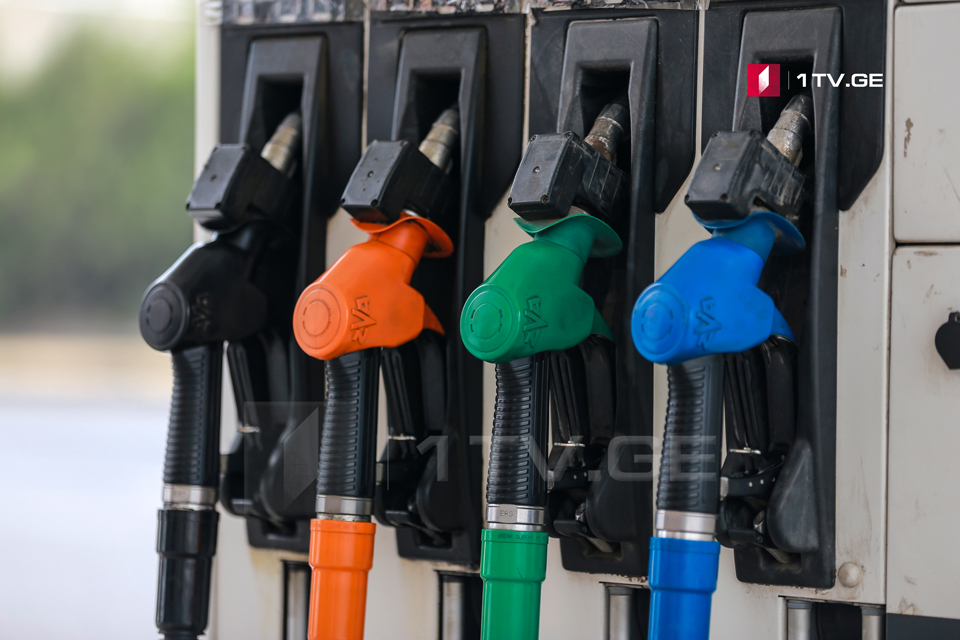Monitoring fuel quality in the Georgian market yielded unenviable results following the inspection of the samples from 80 diesel and 20 gasoline units across the country.
Laboratory analysis revealed that fuel quality was below legal requirements in 25 diesel and three gasoline samples, while 12 samples had shown failures to meet sulphur content regulations, and norms on explosion temperatures had not been met in 10.
The body went on to say that other samples had unveiled simultaneous breaches of several parameters, and that the materials had been sent to courts for further consideration.
The relevant service conducts laboratory analysis regularly to reduce harmful emissions and improve air quality. Control over the gasoline market has grown even more severe along with the adoption of new rules. However, field professionals recommend that inspection be strengthened even more.
Neli Korkotadze, Deputy Head of the Department of Environmental Supervision, says “These results are considered violations of the law.”
According to her, the body developed a relevant protocol for administrative offenses and conducts monthly inspections of petrol stations to ensure gasoline quality. The penalty totalled more than 2 million GEL.
To preserve consumers’ rights, field experts believe that monitoring should be tightened, noting that under present circumstances, a vehicle’s technical inspection loses relevance.
Ekaterine Laliashvili, Chair of the Board at Georgia Alliance for Safe Roads, says “It’s not just about gasoline distribution, but human health and technical inspections, which have been emphasized for many years.”
Since 2017, the quality of gasoline in the country has been equal to the Euro 5 standard. The tightening of standards has led to increased compliance control measures.
Despite infractions, the Department of Environmental Supervision reports that gasoline quality has improved in recent years.
